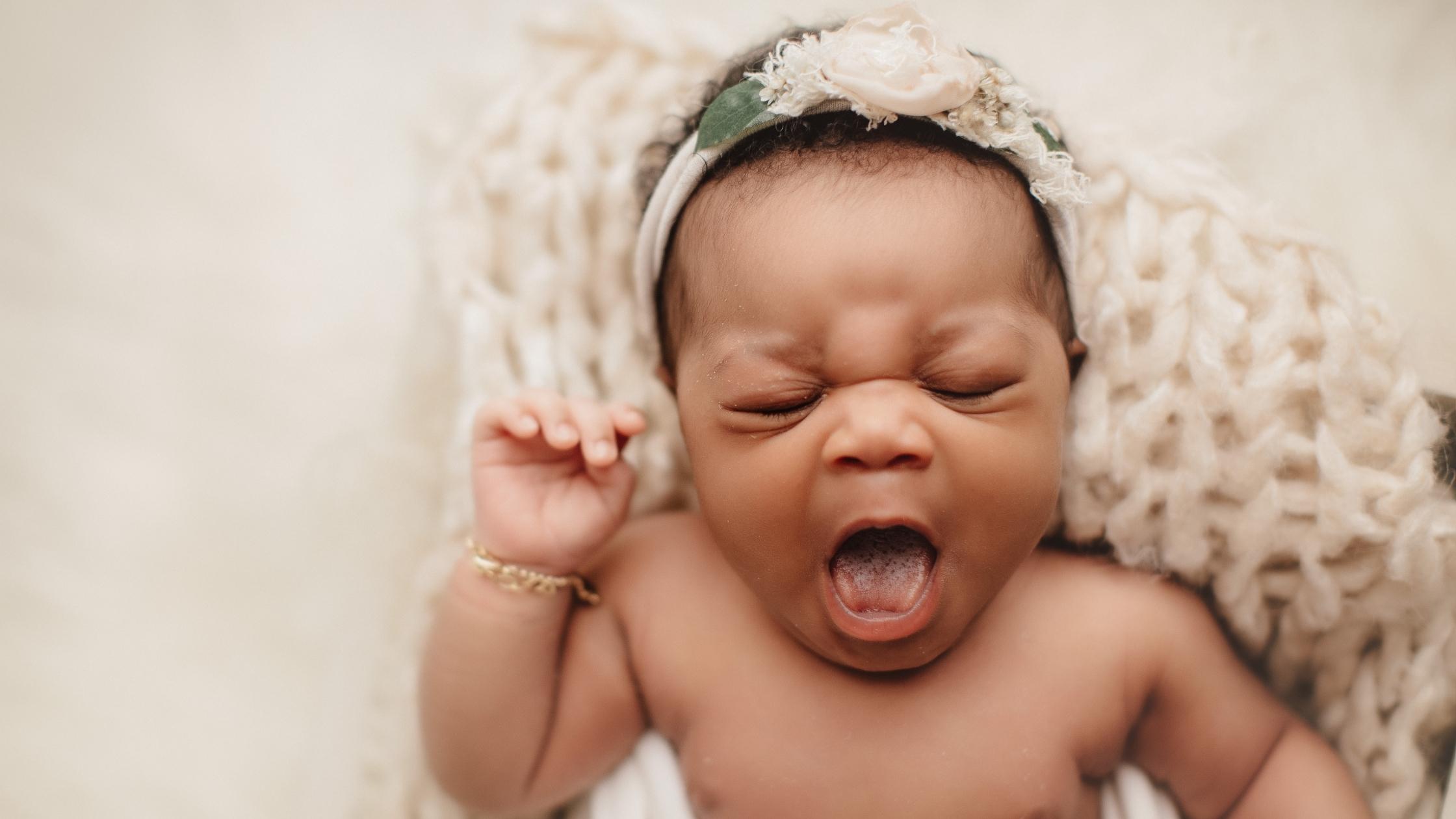We’ve all been there. It’s the dead of night and all is quiet, when all of a sudden you hear strange scraping, flopping, and cooing sounds coming from your baby’s sleeping area. You bolt up in bed! Either the baby is awake again or another racoon got in through the doggy door and is searching for treats. What if we told you that you would be wrong on both counts? That’s right! Sometimes your baby will make all sorts of sounds and jerky movements during the night and yet they are still fast asleep. That is called “active sleep” and just about every newborn goes through it. In today’s article we’re going to explore this phenomenon a little more, along with what you can do as a parent in this situation. But, before we dive in, we wanted to hear from you. What experiences have you had with active sleep or other similar sleep phenomena with your little ones? What did you do? Sound off in the comments below!
Active Sleep (AKA The Nocturnal Jump Scare)
Newborns typically go through two separate nocturnal sleep phases: quiet sleep (or passive sleep) and active sleep. The active sleep phase can be compared to the very active (at least in the eye area) type of sleep that adults get (when they are actually getting several hours of uninterrupted sleep) called REM sleep.
One fascinating thing that happens when adults and older children sleep is that their skeletal muscles are actually paralyzed temporarily during the night. This allows the mind to dream intense dreams without risking harm to the body by having you move and flail all night long every night. Now, this skeletal muscle paralyzation does not regularly occur until we are around 1 year old or so. That means that when a baby enters their active or REM cycle, they may flail about or even cry briefly or make sounds. It may seem like they are waking, but they are definitely still asleep.
What To Do During This Period?
When you hear your child thumping their legs and/or crying or making sounds, your first instinct may be to jump up and go over to their bassinet or crib and pick them up to comfort them. This is actually the wrong move as you will inadvertently wake them up for real in this situation. What you should do instead is to keep an ear out for sustained crying, which more than likely indicates that they are indeed really awake. It’s also a good idea to make sure your baby is positioned safely in the middle of the crib so that they won’t risk hitting a leg or arm against the crib or getting it stuck in between one of the rails. Also watch to see if they turn over or on their side (unlikely, but just in case).
Parting Thoughts
Getting the best sleep for your newborn comes with its own set of unique challenges, but it is far from impossible regardless of the stage of sleep they are in. We hope these tips have helped you along your journey. If you have any questions about helping your baby to sleep better, or about your baby in general, please reach out to us HERE. We are experts in all things baby and sleep and would love to help!
![]()
